Keywords: Washington
There are more than 200 results, only the first 200 are displayed here.
-
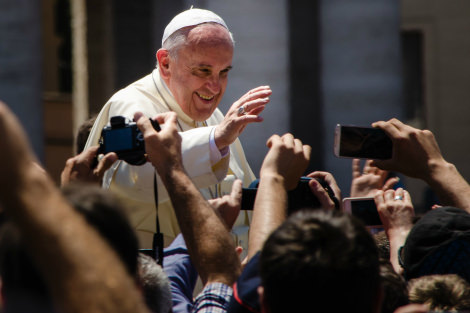
RELIGION
- Andrew Hamilton
- 15 September 2016
17 Comments
Is Francis' style of political engagement effective? It has certainly gained him a favourable hearing within church and society. His message and his personality suit the times. Whether it will be lastingly effective will depend on whether he changes attitudes, particularly those of people who will be responsible for governance in church and state. But at the very least he has stressed the ethical and religious urgency of treating refugees, the environment, and the economy with respect.
READ MORE 
-

AUSTRALIA
- Fatima Measham
- 15 September 2016
3 Comments
In Mexico, a 12-year old boy walked onto the road to stare down an 11,000-strong anti-LGBTQ protest. In Italy, a small town has been revived by the arrival of refugees and migrants. In the US, NFL quarterback Colin Kaepernick has pulled the issue of police brutality into apolitical spaces, using symbolic gestures to draw out the history of racialised oppression. As Democratic vice-presidential nominee Tim Kaine puts it, 'If you want to be right, be a pessimist, if you want to do right, be an optimist.'
READ MORE 
-
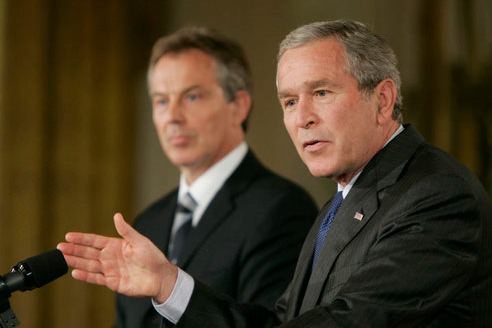
INTERNATIONAL
- Andrew Hamilton
- 10 August 2016
2 Comments
The recent Chilcot report on British participation in the Iraq War elicited embarrassing responses by British and Australian leaders and apologists of the time. Specious justifications were accompanied by a failure to take responsibility. The defects of the invasion and the moral irresponsibility of those who collaborated in it did not flow solely from its procedural inadequacies. The crudity now attributed to Donald Trump and his obiter dicta on war flourished before him among Washington insiders.
READ MORE 
-

ARTS AND CULTURE
- Lesley Lebkowicz, Andrew Madigan, Barry Gittins
- 02 August 2016
1 Comment
My friend, new to Mandalay, never before in Asia, sighs as she sees the east- and west-bound cars and rickshaws slow to a ragged fringe across the intersection. The north- and south-bound take their turn in the same gentle, fearless lack of order. Ah, she says, see how aware they are, each of the other. Such harmony: you can tell it's a Buddhist country. Spoilsport, I point to where, so easily ignored, enmeshed in a thicket of wire overhead, lights flicker: green, amber, red.
READ MORE 
-

INTERNATIONAL
- Gillian Bouras
- 23 May 2016
11 Comments
In America, Rex Tillerson, CEO of Exxon, received a salary of more than $40 million in 2012. He is apparently a devout Christian, so I wonder whether he ever worries about Matthew chapter 19, verse 24: it is easier for a camel to go through the eye of a needle than it is for a rich man to enter into the Kingdom of God. The 400 richest Americans own more wealth than the GDP of India. In contrast, vast numbers of their fellow citizens have less than $1000 in their savings and cheque accounts combined.
READ MORE 
-
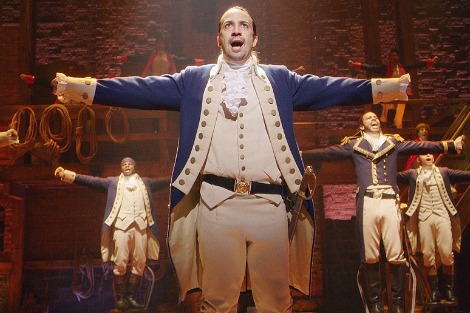
ARTS AND CULTURE
- Tim Kroenert
- 14 April 2016
1 Comment
The show's implicit subversiveness runs deep. It is embodied in the fact that its cast consists of mostly Black and Latino performers portraying White characters, using a vernacular and musical styles popularly associated with these cultural groups. It thus stands as a riposte to the history of black/brownface and whitewashing in popular entertainment. Crucially, in a show about 'founding fathers', it is the story's women who not only provide its emotional core but are also the most fundamentally heroic.
READ MORE 
-
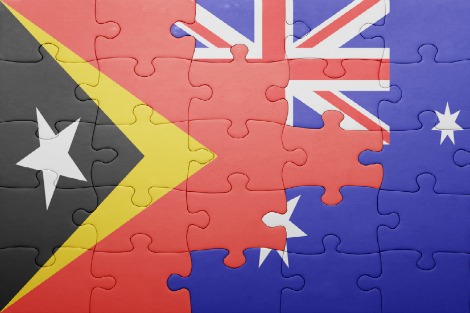
AUSTRALIA
- Frank Brennan
- 21 March 2016
10 Comments
Rui Maria de Araujo, the prime minister of Timor-Leste, wrote to Malcolm Turnbull inviting him to turn a new leaf in the Australia-Timor relationship. It was not to be. But the Timorese are well used to winning the hearts and minds of Australians even when our political leaders appear to be tone deaf to their pleas. This time they have convinced the Labor Party about the justice of their cause, and there is every chance that the Australian community will rally behind them after the federal election.
READ MORE 
-

AUSTRALIA
- Frank O'Shea
- 04 March 2016
2 Comments
At present, there is an argument between the two sides of politics about negative gearing. According to one side, changing the rules would reduce the cost of housing - and this is their strongest argument against such a change. A member of Gen X or Gen Y - someone in their 20s or 30s, not long out of education and in a first or second job, saving in the hope of one day being able to afford a home of their own - might not read it the same way. No wonder they are looking for a Messiah.
READ MORE 
-

ENVIRONMENT
- Paul Fyfe
- 11 December 2015
2 Comments
Twenty years ago I was hopeful that countries would take strong and sensible action to address climate change, just as we had in 1987 when we faced the major depletion of the ozone layer. The following years slowly erased this hope. The Church did not do enough to stem disappointment, or to affirm that 'stewardship' alone was not going to provide sufficient grounds for the needed changes. By 2010 I was resigned to devastation. But Pope Francis has provided me with a ray of hope.
READ MORE 
-

RELIGION
- Frank Brennan
- 03 December 2015
The consideration of medico-legal problems in the public square of a pluralistic democratic society keeping pace with profound technological change is often marked by simplistic assertions, precluding considerations of comprehensive world views, whether religious or philosophical. It is now commonplace for doctors to be told to leave their consciences at the door, as their patients are consumers and they are suppliers and of course the market decides. Debates about law and policy are often resolved with simplistic assertions about individual rights and autonomy, with little consideration for the public interest, the common good, and the doctor-patient relationship. Even conscience is said to be a matter for contracting out. This evening I ask whether there are more compelling ways to resolve medico-legal dilemmas, while conceding a limited role for law in determining the range of acceptable answers.
READ MORE
-
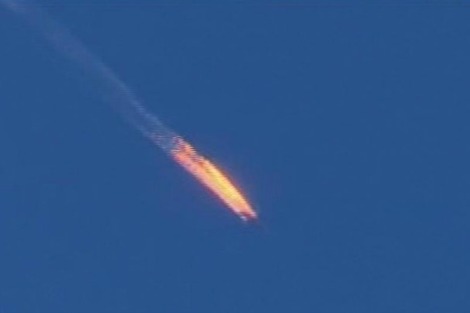
INTERNATIONAL
- Justin Glyn
- 26 November 2015
6 Comments
The downing of a Russian Sukhoi-24 bomber by Turkey reminds us of the risks which attend military intervention. There are, however, a number of additional complicating factors which promise to make the Syrian war even more dangerous and bloody for all sides. The situation could escalate dangerously. If this kind of event is not to become much more common, potentially leading to a much wider war, genuine peace talks with a lot more honesty on each side need to be a priority.
READ MORE 
-

ENVIRONMENT
- Fatima Measham
- 11 November 2015
6 Comments
The UN Climate Change Conference in Paris is set to become the last opportunity for meaningful global action. The signs so far bear optimism, as the impetus for a binding international agreement to tackle the severity and effects of climate change has taken a turn. In order to better understand why, and appreciate the difference that a few years can make, it is worth revisiting why Copenhagen was such a disaster. The most meaningful difference between then and now involves leaders.
READ MORE 